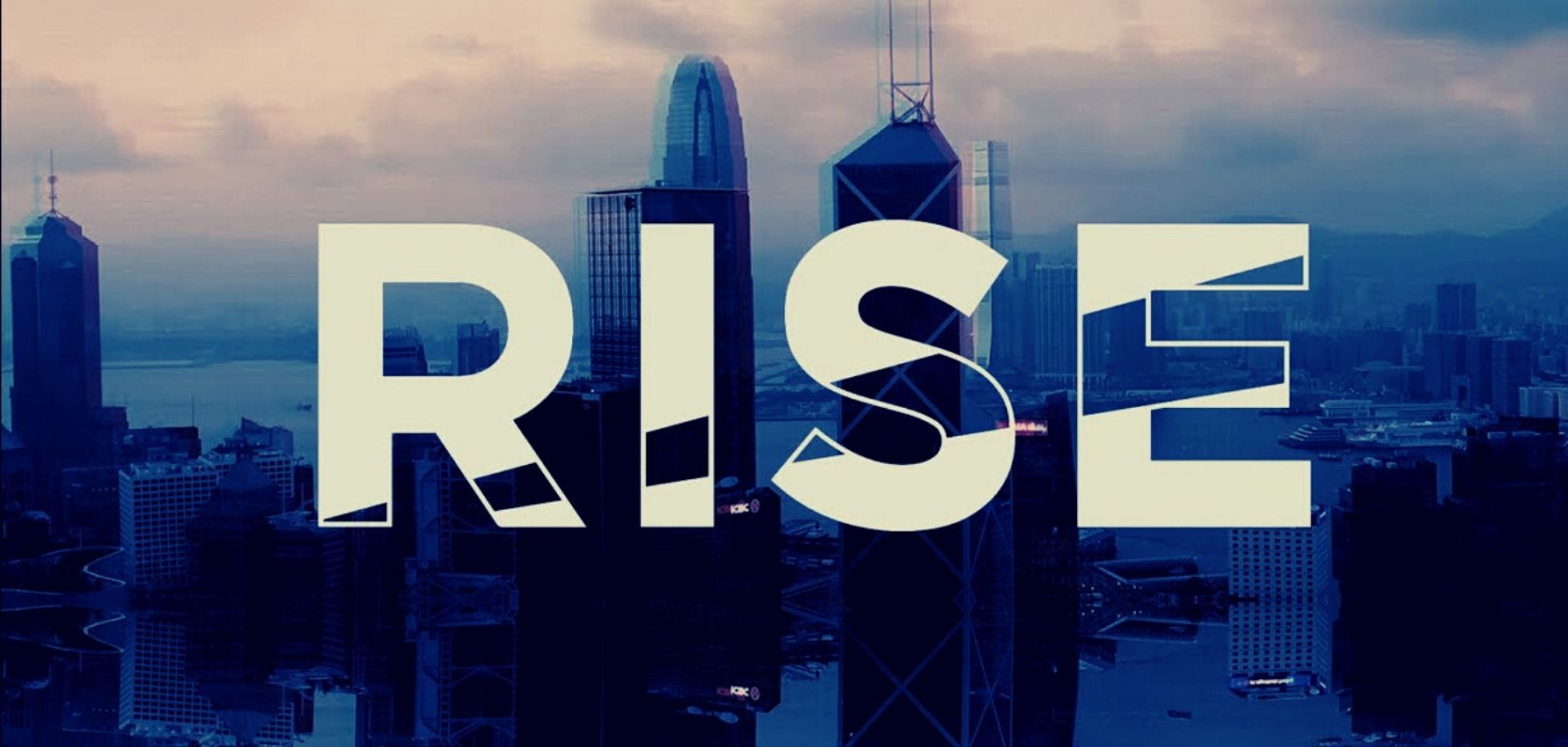The protests in Hong Kong have claimed another victim – this time from the tech industry: the Web Summit has postponed its sister event, Rise, that had been held annually for the past several years in this autonomous Chinese region, rocked for months now by often violent anti-government protests.
The conference, billed as one of the world’s, and Asia’s biggest tech gatherings will be held in Hong Kong in March 2021 instead of March next year.
The conference’s Ireland-based organizers – whose flagship Web Summit event is held in Lisbon, Portugal – said that concerns over safety and security of participants are behind the decision. Rise was established in 2015 and was in the past bringing together people from over 100 countries.
A spokesperson for Web Summit said that the organization had been monitoring the situation for some time before deciding it was unlikely that trouble in Hong Kong would be over by next spring.
The conference held earlier this year saw participation from some 16,000 attendees, among them executives from tech companies like Uber and Tinder, government officials, VC fund representatives, as well as CEOs from startups and Fortune 500 companies alike.
Given Hong Kong’s status as a tech and innovation hub in South-East Asia, and also one up to this point, unaffected by China’s oppressive control of the internet that has been reserved for the mainland, the postponement of the Web Summit event by a whole year must come as a major setback.
The tension in Hong Kong is reflecting on the territory’s tech, economic, and cultural scene. The postponement of Rise comes after Hong Kong’s biggest music festival, Clockenflap, was also canceled, along with several other large gatherings, like Oxfam Trailwalker race.
The protests were originally aimed against a law that would have allowed the extradition of people from Hong Kong – China’s territory enjoying a wide autonomy – to the mainland. The concern was that this would endanger political dissidents. After several months of riots, the bill was dropped, but the protests continued – this time demanding more democracy and separation from the authoritarian mainland.
If you're tired of censorship and dystopian threats against civil liberties, subscribe to Reclaim The Net.









